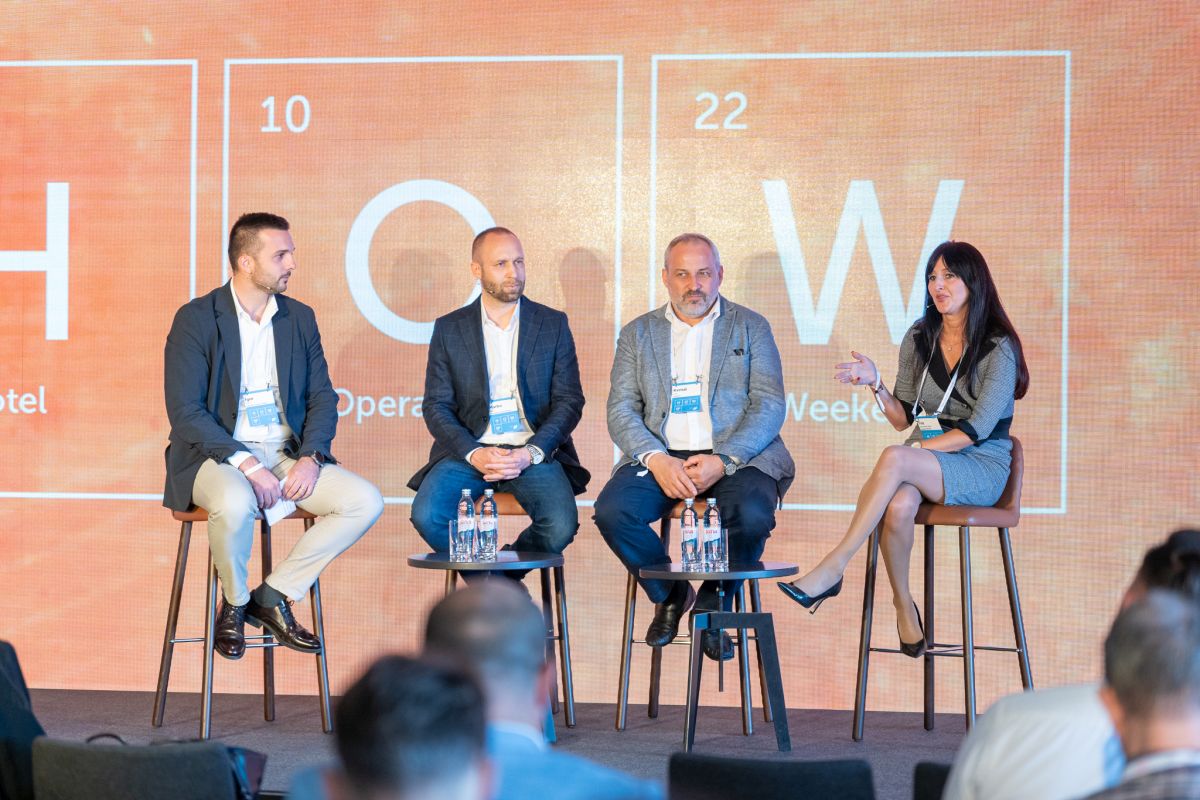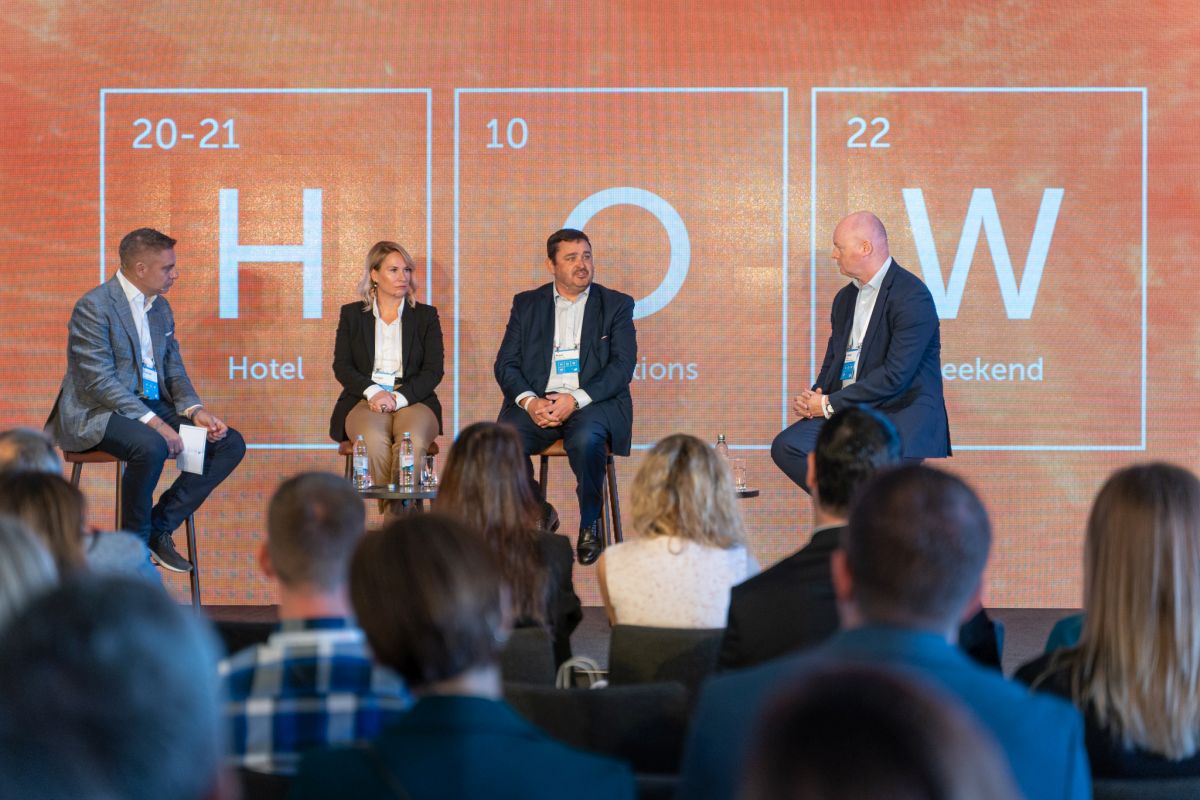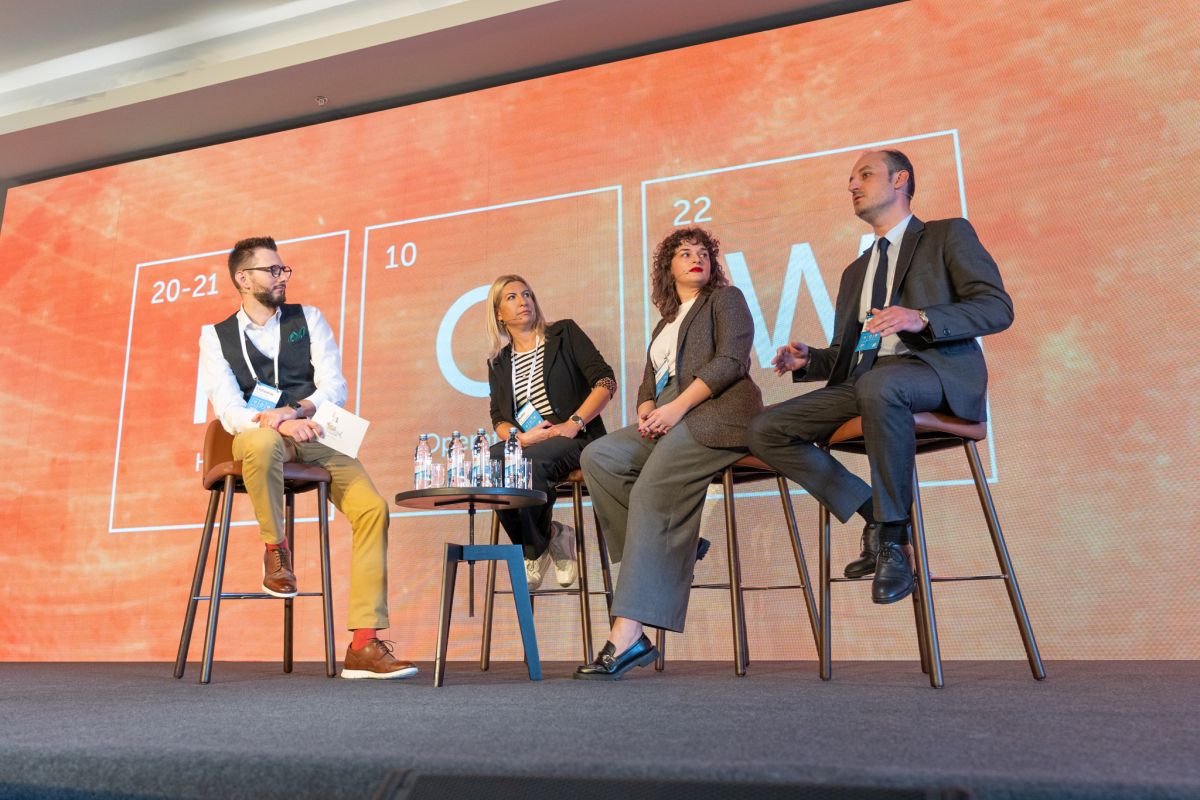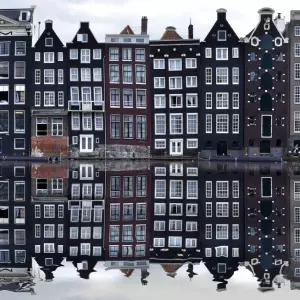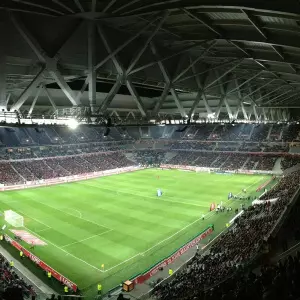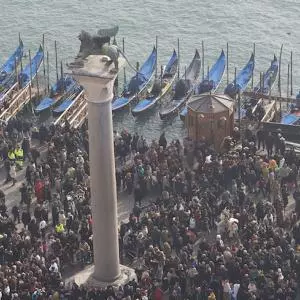The sixth edition was held in Opatija HOW / Hotel Operations Weekend / Festival. After two festivals in Zadar and two in Poreč, and one online edition, HOW Festival took place this year for the first time in Opatija, in the Ambasador hotel of the Liburnia Hotels & Villas group. The only conference on the subject of hotel operations in Europe once again gathered the most important regional and international hoteliers in one place to discuss together the latest trends, but also challenges and examples of good practices in hotel operations. Among the more than 450 participants are mostly hotel directors, operations directors and heads of hotel departments, as well as other experts from related industries.
"When I looked at the list of participants this year, I saw that there are hotels and groups that have been our participants since the very beginning of HOW. This must mean that we are doing something good.", said the director of the HOW Festival at the opening Andrea Škerlj from HESA Group.
Now traditionally, the conference started with a discussion on global trends in the field of hotel operations. Marina Franolic, Director for Central and Eastern Europe at Bench spoke with Srđan Mileković, senior vice president of operations at Hyatt hotels, about what quality hotel service means today, how to measure it, and what it will mean in the future. Srđan pointed out that although it is sometimes difficult to define, the quality of service is at the core of hotel business. Also, while trends are changing - after the pandemic we are witnessing an increase in travel (the so-called revenge travel) through which the expectations of guests also change - hotels faced with a shortage of employees and increasing costs must redefine their services and their quality. Among the most significant trends, technology and automation, as well as sustainability, inevitably remain. More and more owners are paying attention to these aspects and are willing to invest in them, but we need more enthusiastic individuals to get things moving. In the hotel industry, the law of physics and psychology applies - we move in one direction at a certain speed, until some external force pushes us or stops us, that is, on a psychological level, until pain paralyzes us or encourages us to start doing something different.
The year 2023 is ahead of us, again full of challenges. Although the pandemic may be abating, an economic and energy crisis is looming, and there is also the issue of rising costs and finding quality staff. About what we can expect from 2023. Živorad Vasić, the director of Kadena Properties, spoke with the leaders of the Croatian hotel industry - Karl Eckerstorfer, president of the Liburnia Hotels & Villas Management Board, Josip Jutt Ferlan, general director of the cluster at Hilton Hotels Zagreb i David Taylor, director and president of the Board of Jadranski luxury hotels. The panelists agreed that the hotel industry has already proven its resilience countless times, so it is currently at a stage where nothing can surprise anymore.
"We are ready for all challenges", emphasized Josipa Jutt Ferlan and added that in 2023 the greatest challenge will be the workforce. From the financial side, Karl Eckerstorfer emphasized that COVID taught banks that hotels are a stable and profitable investment. There are banks that have recognized this and will continue to invest, but there are also banks that do not want to take risks. Only financing costs will increase so that the repaid part of the property will increase from the current 30% to 40 to 45%. They agreed that people will always want to travel, only the conditions and their expectations change, and hoteliers must adapt to it. The creation of an effective strategy plays a big role in this, and the employees in whom it is necessary to invest, motivate them and familiarize them with all aspects of the strategy.
Sandi Kovačević, the general manager of CUBO Group spoke with Boris Simm, vice president of group operations and member of the executive board of Ruby Hotels about what role hotels will play in the future. Ruby hotels are specific in their own way "lean luxury" a strategy that implies a service created for the guest they call the "avant-garde cosmopolitan". These guests are world travelers to whom technology is very important and who want to meet new people. That's why Ruby hotels are concentrated on efficiency, which is reflected in space (e.g. they don't have a reception but only a bar) and resources (e.g. 60 second self check-in). However, both up to now and in the future - it is man who makes the difference.
In the next panel, on the topic of hotel operational efficiency, Daniela fields, the global director of operations in Selina, emphasized that until now everyone has mentioned the technology intended for the guest, but we must not forget the technology intended for the employees, which makes their work easier. She also agreed with her Yvonne Tesch, director of quality, people development and operational excellence at Falkensteiner Michaeler Tourism Group, who emphasized that service quality and investment in employees go hand in hand. Quality is not only important for the guest but also for the team members. Moderator Luka Berger, the director of Flexkeeping presented some statistics and tips on how to check efficiency, but Diana Lukic Grandov, head of the rooms sector in Maistra, added that it is important to use data on operational efficiency in order to reward the best individuals in the team.
He presented how to achieve excellence in customer service, collect guest feedback and use this information to improve productivity George Antoniadis, CEO and founder of S-Rate.

